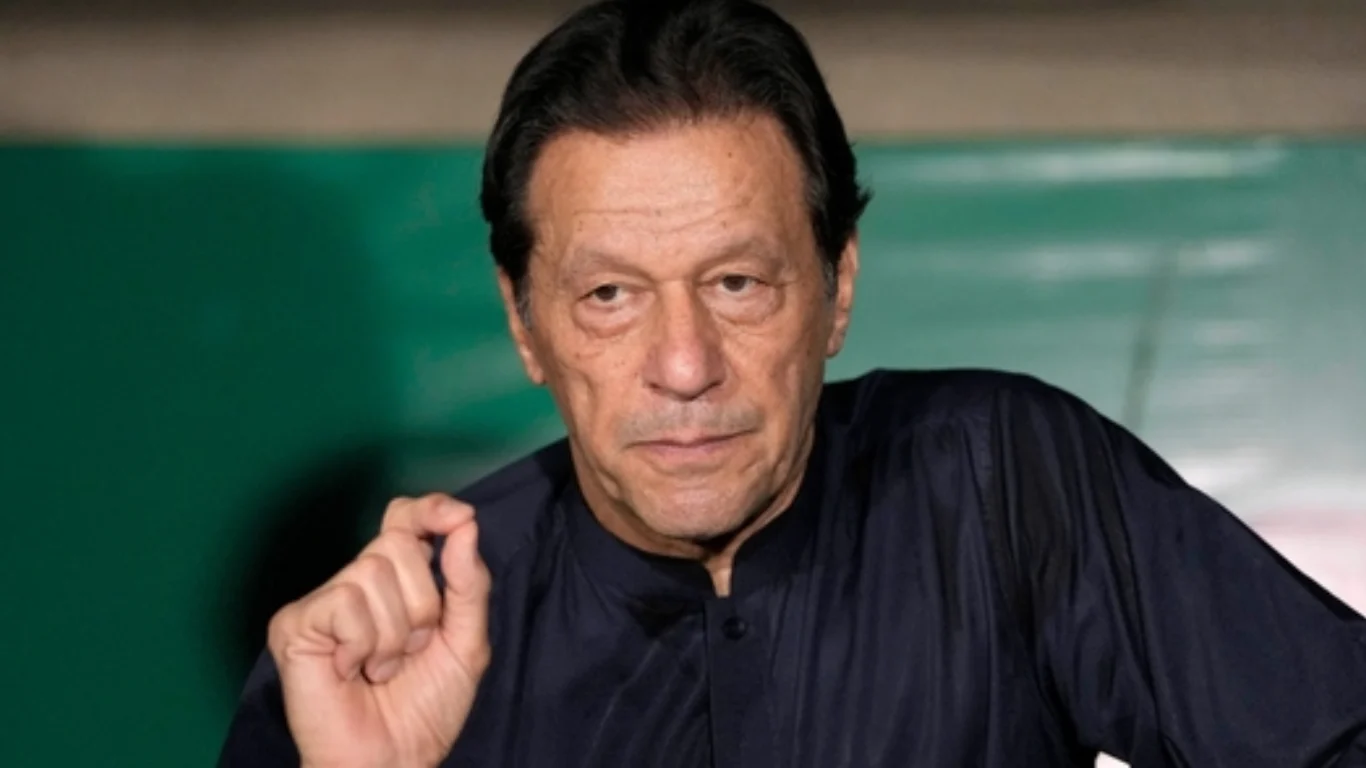
Imran Khan Condemns Pahalgam Attack, Warns India of Nuclear Flashpoint
Imran Khan, the jailed former Prime Minister of Pakistan, has condemned the Pahalgam terror attack in Jammu and Kashmir as “deeply disturbing and tragic,” extending his condolences to the victims and their families. In a statement on his social media platform X (formerly Twitter), Khan criticized the Indian government’s response, suggesting that instead of introspection and investigation, the Modi administration is once again placing blame on Pakistan.
Khan drew parallels to the 2019 Pulwama attack, alleging that India failed to produce concrete evidence linking Pakistan to the incident. He warned that India, with a population of 1.5 billion, needs to act responsibly and avoid escalating tensions in a region already known as a “nuclear flashpoint.”
Emphasizing Pakistan’s commitment to peace, Khan stated that while peace is a priority, it should not be mistaken for cowardice. He reiterated Pakistan’s capabilities to respond to any Indian misadventure, referencing the nation’s actions in 2019. Khan also highlighted the importance of the Kashmiri people’s right to self-determination, as guaranteed by United Nations resolutions.
The former Prime Minister further criticized India’s actions in Kashmir, particularly the abrogation of Article 370, which he views as intensifying oppression and fueling the Kashmiri people’s desire for freedom. He accused the Indian government of being illegitimate and imposed through fraudulent means, while asserting that Modi’s aggression has united the people of Pakistan in opposition to Indian hostility.
Khan concluded by emphasizing the necessity of national unity to confront external threats, stating that to win a war against an external enemy, the nation must first be united.
The Pahalgam attack, which occurred on April 22, 2025, resulted in the deaths of 26 individuals, including 25 Indian tourists and one Nepalese national. India has accused Pakistan-based militants of orchestrating the attack, leading to heightened tensions between the two nuclear-armed neighbors. Both countries have taken retaliatory measures, including the suspension of the Indus Waters Treaty and the closure of airspace. International bodies have expressed concern over the escalating situation and have urged both nations to de-escalate tensions

















